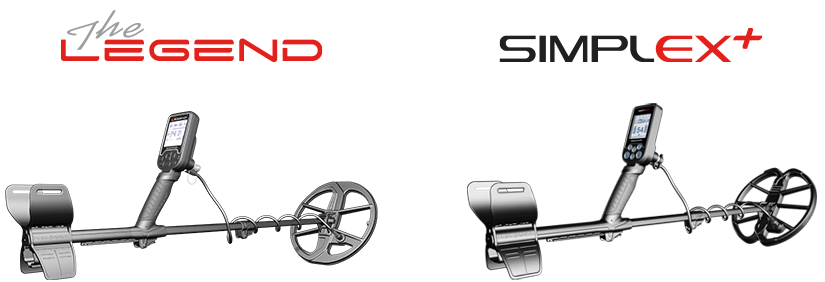The Nokta series appear to be exellent detectors and the Nokta team seems to listen to their customers--an exellent combination.
Everyone's soil is different and it will cause wide varience in the performance of any detector,thus the one medium that is pretty consistant the world over is---air. I know certain detectors need soil to show their best result,maybe this is true??But after 40+ years of using detectors from ALL the US and Aussie manu. I have found that a pretty good comparison can be had by air testing with US coins. Gold is like the soil,it varies widely so my nugget and your nugget may give different results with the same machine. Sooooo it is possible to be able to compare Depth performance of different detectors from the comfort of ones computer chair.
Bottom line: has anyone done any air tests with the Nokta line with US coins and if so would you be so kind as to post them?
Everyone's soil is different and it will cause wide varience in the performance of any detector,thus the one medium that is pretty consistant the world over is---air. I know certain detectors need soil to show their best result,maybe this is true??But after 40+ years of using detectors from ALL the US and Aussie manu. I have found that a pretty good comparison can be had by air testing with US coins. Gold is like the soil,it varies widely so my nugget and your nugget may give different results with the same machine. Sooooo it is possible to be able to compare Depth performance of different detectors from the comfort of ones computer chair.
Bottom line: has anyone done any air tests with the Nokta line with US coins and if so would you be so kind as to post them?



